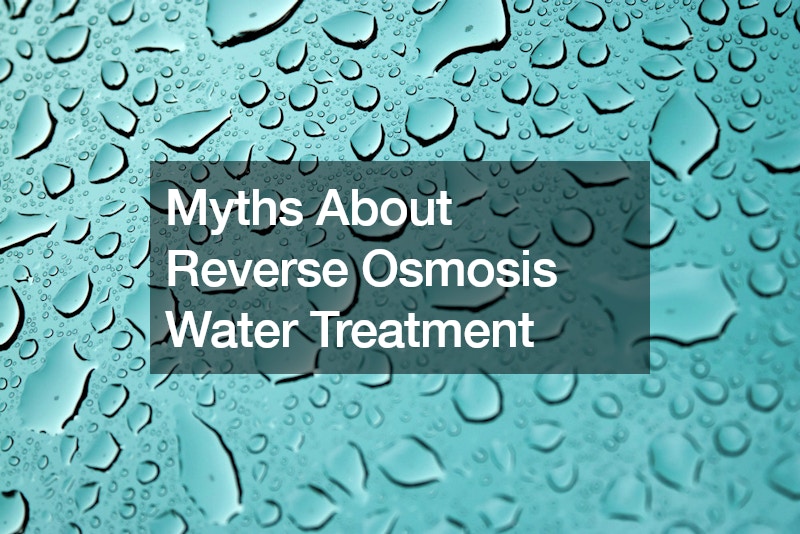There are several myths surrounding reverse osmosis water treatment that can lead to misconceptions about its effectiveness, safety, and maintenance requirements.
One common misconception is that reverse osmosis removes all beneficial minerals from water, making it less healthy for consumption. However, reverse osmosis is designed to remove contaminants, including harmful minerals, chemicals, and impurities, while retaining essential minerals that are beneficial for health, such as calcium, magnesium, and potassium.
Video Source
Another myth is that reverse osmosis systems waste a significant amount of water during the filtration process. While it is true that reverse osmosis systems produce a certain amount of wastewater, modern systems are designed to be more efficient and eco-friendly, with some models incorporating water-saving technologies and recovery systems to minimize water wastage.
Some people believe that reverse osmosis systems require frequent and costly maintenance, including regular reverse osmosis replacement of filters and membranes. While routine maintenance is essential to ensure optimal performance and prolong the lifespan of your reverse osmosis system, many modern systems are designed for easy installation, operation, and maintenance, with user-friendly features and long-lasting components that reduce the frequency and cost of replacements.

By dispelling these common myths and misconceptions about reverse osmosis water treatment, you can make informed decisions and appreciate the benefits of this advanced water filtration technology, including improved water quality, taste, and safety for drinking, cooking, and various household applications.

